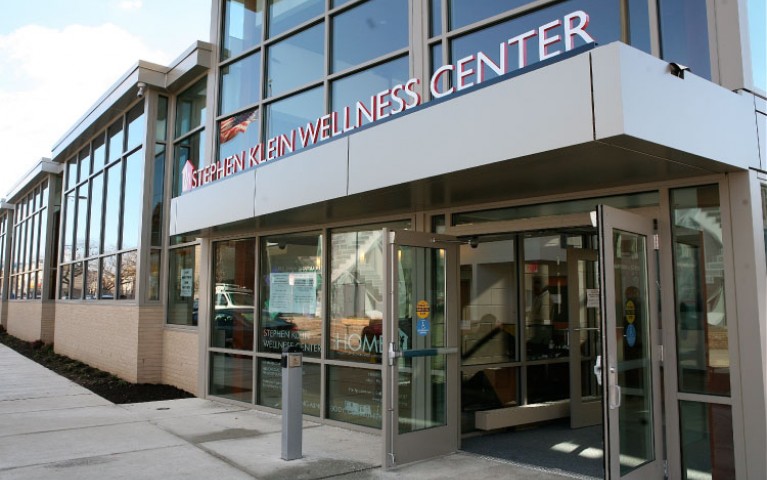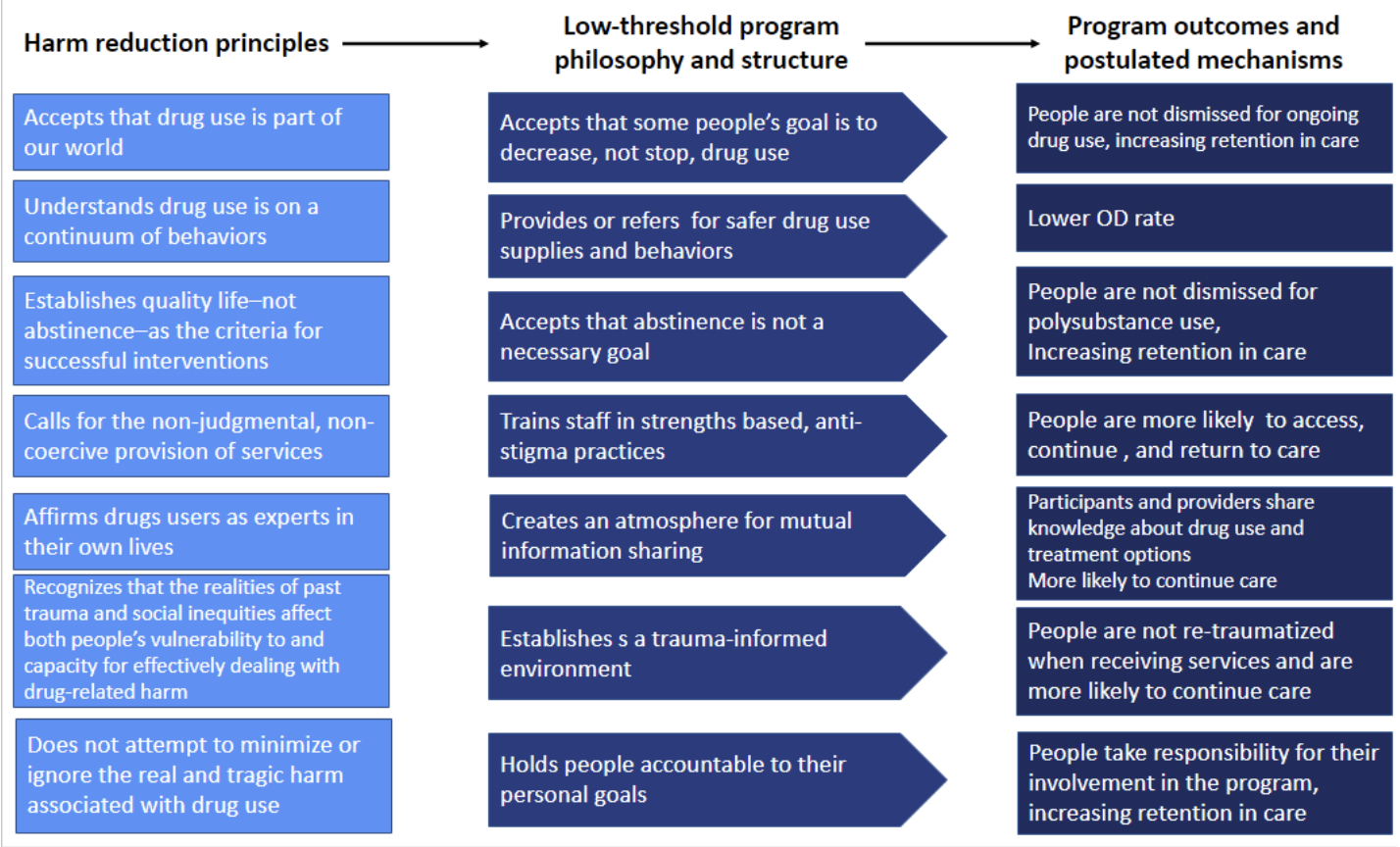MAT and Me

For a little under 6 months, I have had the pleasure of serving the Philadelphia community from Stephen Klein Wellness Center. As its Infectious Disease Care Manager, my primary goal is to serve populations that are seeking treatment for HIV, Hep.C, and Opioid Use Disorder – all treatments requiring long-term consistent care. Long-term treatments are already demanding enough for those in stable circumstances; however, much of the patient population I serve also faces overarching instabilities such as homelessness, food insecurity, and mental health crises. Long-term healthcare understandably becomes a luxury when one is forced to address a new problem daily. Serving these past 6 months have reinforced my understanding that effective treatment should be holistic in nature – to go beyond addressing medical symptoms but to also address social causes, to not only mend the body but to also heal the person. I feel that the MAT program offered at the Stephen Klein Wellness Center effectively embodies this holistic approach to healthcare.
The Medically Assisted Treatment program is a patient-centered form of treatment for Opioid Use Disorder. Unlike rehab programs that are abstinence-based in nature – emphasizing sobriety and staying clean – MAT is an evidence-based treatment, emphasizing trauma informed care and harm reduction (I will get back to these!). This form of treatment is currently recommended by agencies such as the Centers for Disease Control and Prevention, Substance Abuse and Mental Health Services Administration, and American Medical Association to name a few. So yeah, it's got some weight behind it.
A philosophy of trauma-informed care focusing on reducing harm can almost feel like a baseline – after all one can’t (or at least shouldn't) choose a profession that takes care of their fellow human being unless they have the intention to do good. However, modern healthcare is currently structured around the philosophy of patient compliance; for example, treatment for Opioid Use Disorder ceases when the patient continues to present with symptoms of the disease. In contrast, MAT’s philosophy focuses on interventions that can bring about positive change to the diagnosis instead of compliance to the treatment plan.

What does MAT’s philosophy look like in practice? It is choosing to see patterns of substance abuse/addiction as attempts to self-medicate and address an issue – even when this solution causes problems in the long run. It is continuing to offer service to those who are not abstinent from opioids or other substances, giving room for goals such as reducing drug use or learning to use safely. It is understanding that each person is an expert of their own lives – the realities of past trauma and social inequities have present effects on ability to deal with difficulty, drug-related or otherwise.
I enjoy serving in MAT because it encourages a philosophy that emphasizes compassion and humility where we continuously learn from others. I hope that in my year of serving I can adopt this mindset for myself and, in this way, bring along a little bit of MAT with me.